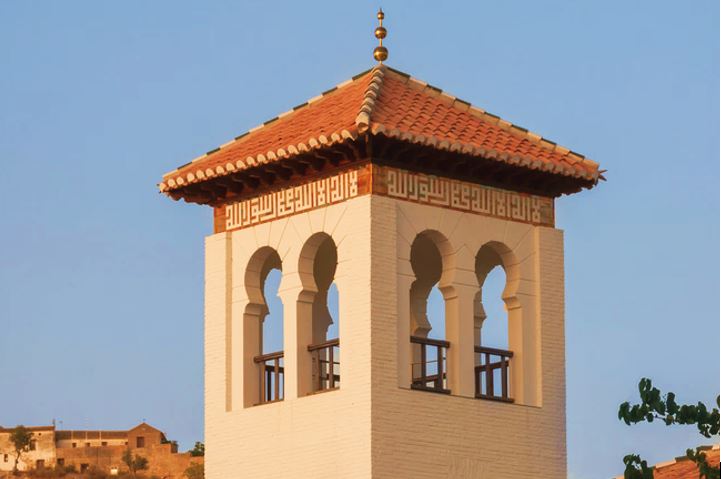This article proposes a new theoretical framework for the study of music and Islam in Andalusia, southern Spain. I demonstrate the framework’s potential by applying it to collaborative musical performances among Muslim economic migrants, European converts to Islam, and non-Muslim Andalusians during a year-long heritage festival that celebrated the region’s medieval Islamic past, arguing that musical analysis opens fresh lines of inquiry into the expression and experience of Muslim subjectivity in Andalusia. In the process, I engage with theoretical debates on hybridity in anthropology and ethnomusicology, orienting my own perspective along the axis of performativity, while in dialogue with Hispanic studies and Spanish cultural studies I think along the borders between hybridity and hauntology to recalibrate discussions of Spanish historical memory for a theoretical framework that ultimately coalesces into scenes of Moorishness: crowded, contested scenes in which musicians, festivalgoers, and festival organizers mutually interpellated each other under the rubric of Andalusia’s medieval Islamic past.
Articles by Brian Oberlander
Brian Oberlander is an ethnomusicologist who studies musical expressions and experiences of Islam in the Mediterranean, especially those invoking the region’s Moorish past in order to voice alternative political claims in the present. He has conducted fieldwork in Spain, France, and Morocco and has presented research at meetings of the Cultural Studies Association, the American Musicological Society, the Society for Ethnomusicology, and the International Council for Traditional Music. He is co-editor of the volume A Sea of Voices: Music and Encounter at the Mediterranean Crossroads, forthcoming from Routledge.
